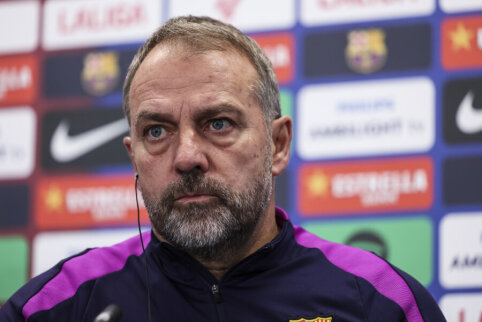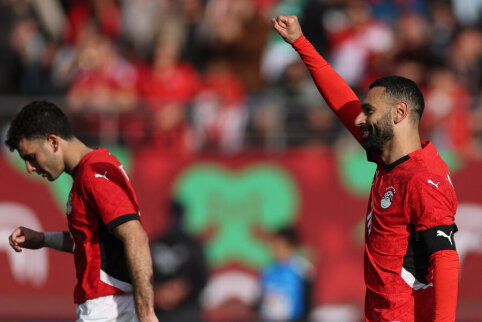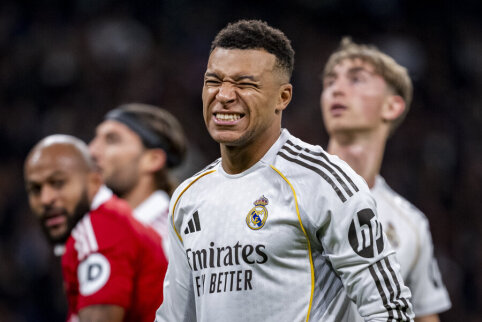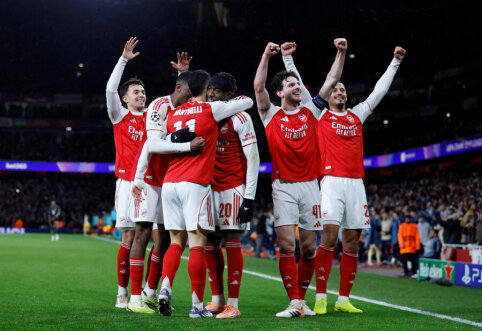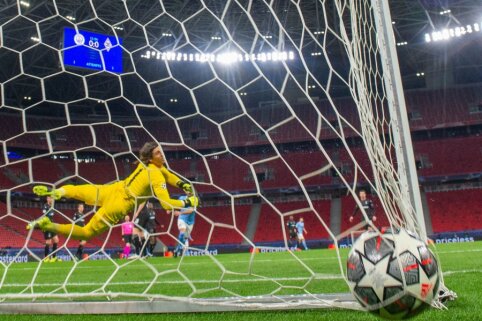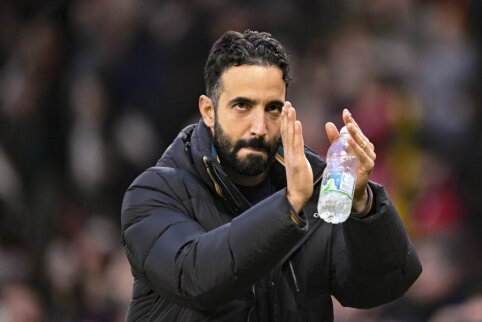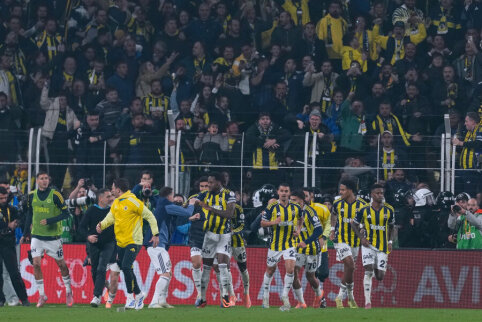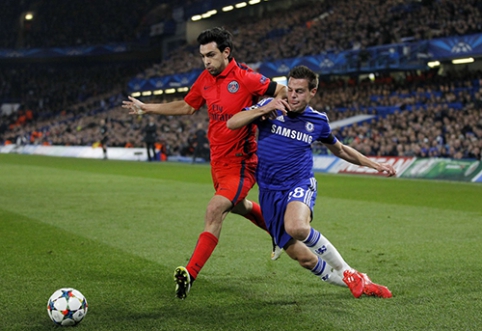
European Football Association (UEFA) has decided to take examples from central banks struggling with financial crises and become an active regulator. Will it succeed?
Football is no longer just a game. It is a huge business machine. The revenues of all the elite European division clubs are over 15 billion euros per year, and their assets have already exceeded 23 billion euros.
Looking closer, these huge numbers hide several threats. Clubs are not financially disciplined and do not know how to handle money. One third of them spend 12 euros for every 10 euros earned, their expenses exceed 20% of revenues. This indicator is not random. This trend has been characteristic of European club football for many years. Some owners cover debts, others burden themselves even more, some sell assets, while others simply go bankrupt or wait for a savior in a fancy "Rolls-Royce" from Russia or the Middle East. Thus, the popular football has become very financially fragile.
Experience - from banks
Having learned from the European Central Bank and the U.S. Federal Reserve System, UEFA decided to say "stop". From the 2013-2014 season, it decided to introduce the famous Financial Fair Play (FFP) rule, which prohibits clubs from spending more than they earn. 2-3 year assessment periods, maximum allowable loss limits and many sanctions were set. Huge financial and time resources were allocated to implement the project. Modern systems were installed, specialists were hired, detailed reports were prepared.
Some say that these efforts are justified, others critically assess the emergence of a strict regulator in European football. Although it is too early to assess the initial evaluations of the new system, the first insights are already obvious.
In order to evaluate the FFP, it is very important to understand the European sports model itself. Compared to the closed commercial leagues operating in the United States, European sports, including football, are characterized by an open structure. A team growing and strengthening from the lowest league can reach the highest league, possibly becoming its champion. This encourages progress, investment in the team and the desire to have better players. Often teams are so overwhelmed by the desire for victories that they forget any financial logic and buy players regardless of the cost, until they either win everything or go bankrupt, painfully falling to the ground. Recently, we often see the joyous Chelsea fans in London, whose club splurges the owner's money on players, while the Arsenal fans in the other capital's team continue to express dissatisfaction with Arsène Wenger's pragmatic approach to a positive club balance even if it means playing with weaker players.
Another important aspect - FFP rules do not necessarily apply to everyone. Equipped with specialists, major clubs are constantly looking for ways to bypass the new restrictions. It must be admitted that they lack no creativity. Manchester City signed a deal of an incomprehensible size with the airline company Etihad, which is related to the club's owners. The £400 million deal over ten years immediately raised suspicions, as it was several times more expensive than any previous agreement. The goal is to hide huge club losses incurred from buying players with revenue. After conducting an investigation, UEFA finally imposed a fine. Similar actions were taken with Paris Saint Germain owned by Qatar sheikhs. UEFA was publicly praised after these actions for its principled stance even when faced with the powerful figures of football.
Who is punished?
It is obvious that the imposition of fines needs to be reviewed simply because the real offenders - specific individuals who decided not to adhere to the FFP rules - avoid them. If a financial penalty is imposed on a club, all its representatives suffer, players, employees, finally fans, as ticket prices may rise to pay fines. The club itself, already in the red, must repay huge amounts, pushing it into an even worse situation. In cases where a team's participation in European tournaments is restricted, the fans suffer the most, as they know nothing about the club's financial fair play policy.
Finally, another negative aspect of the application of FFP rules - the status quo is entrenched in European club football. The big ones earn better, so they can spend more. The football market will become closed. If a rich sponsor from the East or West comes and wants to turn a small club he bought into a Champions League winner, he will not succeed. Roman Abramovich bought Chelsea at a time when FFP was not yet in effect. So he was free to loan money to the club to attract the brightest stars. These days he couldn't do that. Looking at the financial situation of Chelsea at the time, R. Abramovich could not attract either Didier Drogba or Petr Cech, and dreams of titles for the club would only have been a fantasy, accepting Manchester United and Arsenal victories.
If FFP continues to be applied as it is now, there will be no place for Cinderella stories in European football. Madrid's Real, Barcelona, Manchester City, Munich's Bayern will only get financially stronger, while middle and underdog clubs will be perpetually doomed to struggle in the middle or at the bottom of the table.
This is a big threat, but it can be eliminated by improving FFP rules. However, such regulation was necessary, otherwise football would have plunged into a financial abyss.
Rytis Davidovičius, www.iq.lt

